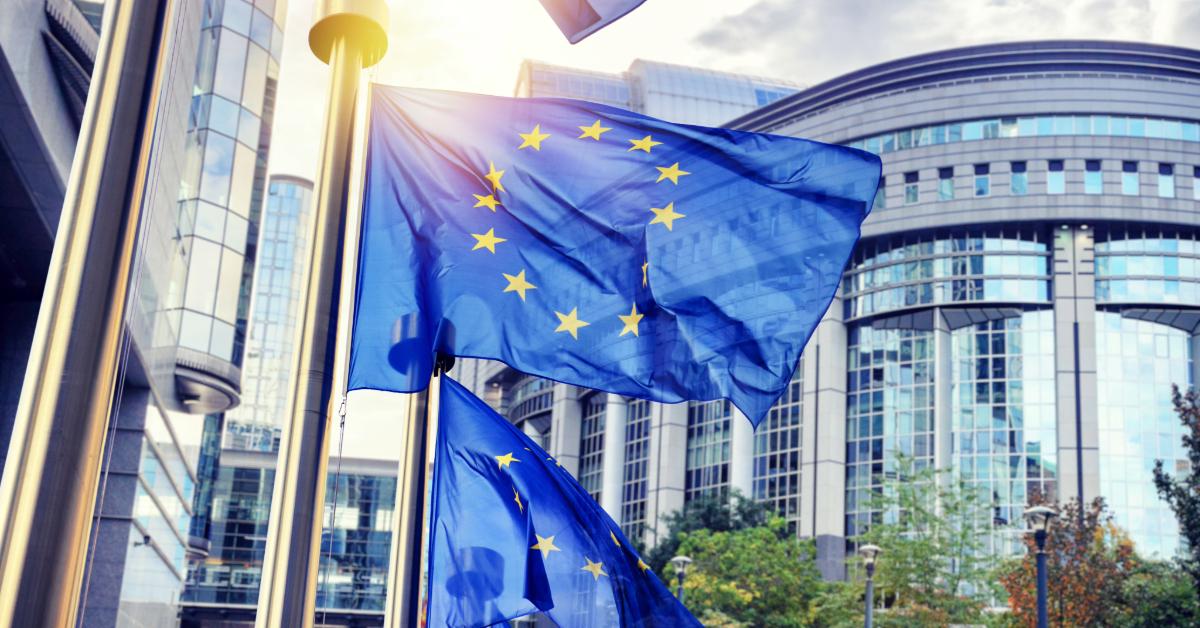
According to the latest polls, Europeans are expected to vote for political forces leaning toward the right side of the spectrum, often with euro-skeptic tendencies. We are talking about nine member states where these forces might emerge victorious, and another nine where they are projected to secure second and third positions.
So, what path has the European Union taken to cause such significant dissatisfaction and a desire for such a radical change for the first time? The answer seems to be simple and can be summarized as a loss of freedom.
According to the European Parliament Autumn 2023 Survey, conducted six months before the 2024 European elections, 34 percent of Europeans think the European Union should maintain peace, enhance security, and improve cooperation among member states. However, disadvantages pointed out by member states in the same report indicate that 32 percent believe people have too little influence on decisions made at the European level, including their national governments. Another notable disadvantage highlighted in the report is that 24 percent of Europeans think that “being a member of the EU undermines the control of national external borders.”
It is a fact that European citizens feel detached from decision-making. The centralized management, with too many politicians, organs, and regulations, adopting various collectivist policies, assuming that what is good for decision-makers will be good for each country, has undoubtedly harmed the European project. Individuals and countries are not the same, and therefore, unanimity of positions is not a guarantee in democracy. The silencing or penalizing of those who have different plans for their nations, chosen through the votes of their people, cannot be ignored or canceled.
A law was passed in the European Parliament requiring member states to implement restoration measures bringing at least 30 percent of habitats in terrestrial, coastal, freshwater, and marine ecosystems not in good condition into good condition by 2030. This commitment is part of the European Green Deal and has sparked controversy among Union farmers who collectively reject the increase in the diesel tax for tractors from 2024 to 2030, the costs of adapting to the environmental standards of the European Union’s ecological transition pact, and the unfair competition from products from other countries not subjected to these rules.
As if Europeans were not already burdened with environmental taxes (€331.3 billion in 2021), the production of food is further hindered by these new measures. What can national governments do in the face of these impositions? France, for instance, is likely to exert pressure on the European Union as the country finds itself blocked.
And here we ask ourselves, has integration gone too far? Lately, the actions taken by the European Union have been carried out through coercion.
The issue of illegal migration has been managed inefficiently. They simply do not know what to do, understand that they should do something, and once again shift the burden of their decisions onto member states. “Mandatory solidarity” has been imposed with fines of up to €20,000 for each refugee a country refuses to accept. This measure is brutally authoritarian and coercive, as each member state has no say in how many refugees it wants or can accommodate while Europe faces various crises, including housing shortages.
Freedom of expression has become a source of controversy. Due to the “Code of Conduct on Disinformation,” opening a social network exposes us to warnings about potential “disinformation” or “fake news” indicated by “experts” who believe that citizens are not adept enough to make that screening.
Twitter owner Elon Musk refuses to comply with the Digital Services Act and is waging a war with the European Union, which is now investigating the social network due to “certain suspicions of infringement.” In other words, the European Union is trying to intervene directly in both freedom of expression and an owner’s management of their property.
The European Union should be an alliance of free countries that, despite having common policies, should have their cultures, language, and all dimensions that define their individuality respected. The implementation of “one size fits all” measures denies the differences between countries. Only by respecting and not abolishing these differences through force can we progress in a beneficial project and avoid the disintegration of the European Union.
If the predicted results of the elections come true, this is the request of Europeans: step back from an integration that is becoming aggressive. It is the responsibility of the leaders to humbly listen to this request and rebuild a European Union with more freedom.




